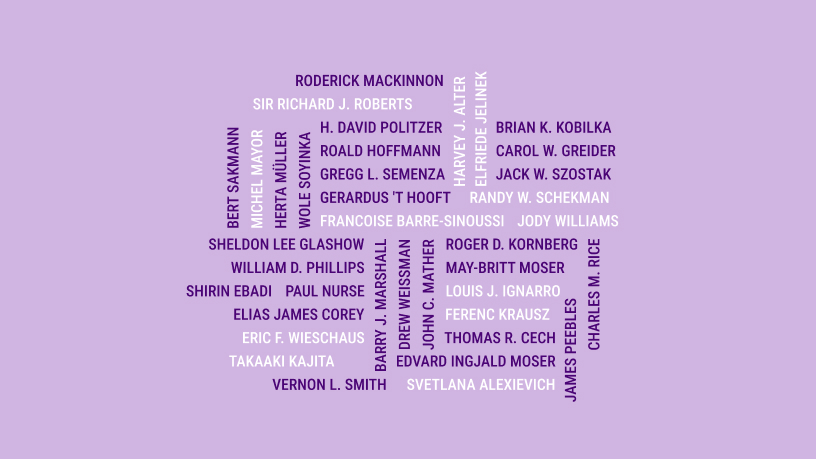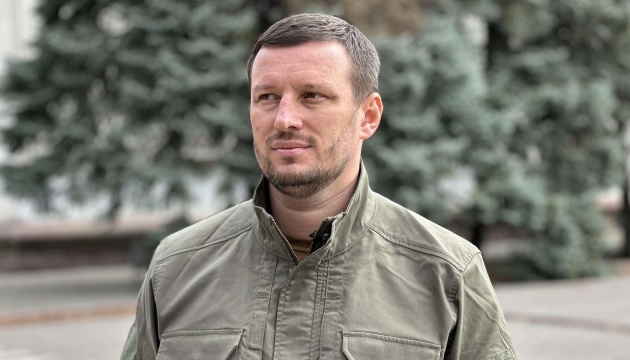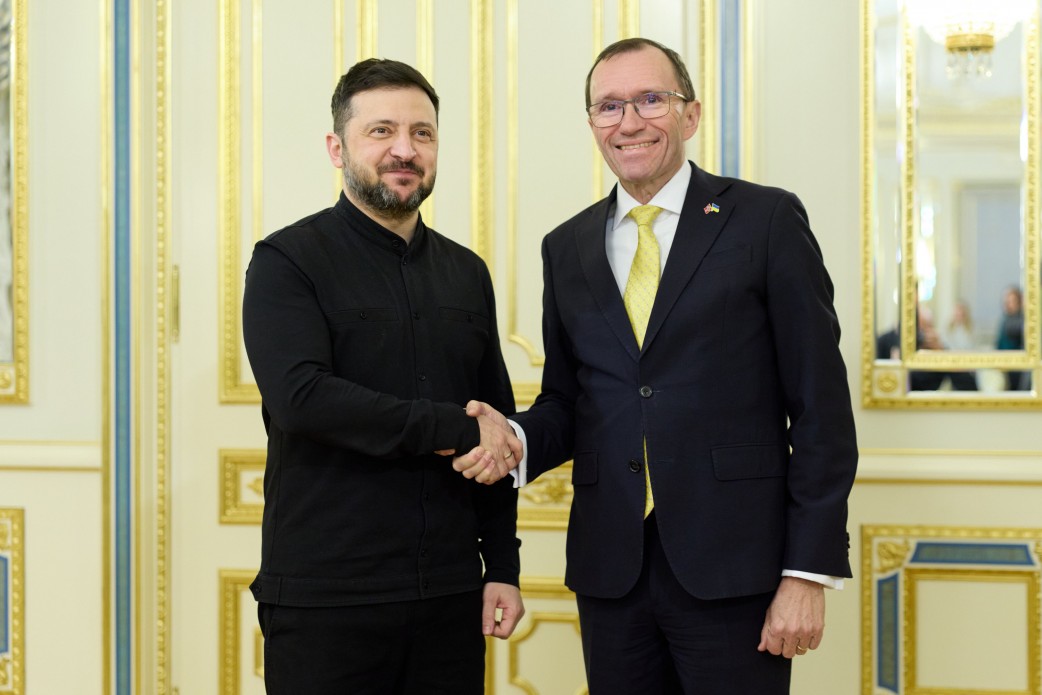The publication T-Invariant has published an open letter from 41 Nobel Prize laureates. The Odessa Journal is also publishing this statement
"Two years ago, Vladimir Putin started an unprovoked full-scale military aggression against Ukraine, resulting in deaths and destruction unseen since World War II. The war against Ukraine coincided with a growing and severe crackdown on political dissent and freedom of speech within Russia. Recently, the world has been rocked by the death of Alexei Navalny, the principal political adversary of Putin. Before his incarceration, where he was tortured and murdered, Navalny survived a state-sponsored poisoning by chemical warfare. Despite that harrowing experience, he defiantly chose to return to Russia, exhibiting a true act of patriotism.
The war in Ukraine and the murder of Alexei Navalny concern not only Russia and Ukraine. Putin’s regime has shown that it poses a clear and imminent threat to humanity. Since assuming power in 2000, Putin has systematically dismantled post-Soviet democratic institutions and fueled conflicts in the former USSR states. The full-scale aggression against Ukraine and the assassination of Alexei Navalny illustrate the escalation of the threat to a new level, as Putin’s regime no longer acknowledges any constraints on violating human rights and international norms.
The horrors of the world wars in the 20th century underscored that humanity can avoid self-destruction only by upholding principles of democracy and adhering to international human rights laws. However, Putin’s regime cynically tramples upon these principles. The tragedies of 20th-century totalitarianism necessitate a commitment to freedoms and dignity of an individual. Putin blatantly violates them. He has transformed Russia into a heavily militarized police state, armed with the largest nuclear arsenal, which poses an existential threat to the world. These dangers were articulated by Alexei Navalny and other leaders of the Russian opposition, echoing the legacy of their great predecessor and 1975 Nobel Peace Prize Laureate, Academician Andrei Sakharov.
We, scholars from around the world, implore world leaders to vigorously advocate for peace, progress, and human rights. As members of the international academic community, we are deeply concerned that scientific progress is under threat when dictators undermine intellectual freedom, especially during a time when global cooperation is more important than ever, in the shadow of worldwide pandemics, climate change, and the existential threat of weapons of mass destruction.
We call on world leaders and all people of good will to shed any illusions about Mr. Putin and his criminal regime. History teaches us that appeasing the aggressor means encouraging further crimes against humanity. No temporary benefits can justify this. We are determined not to repeat Munich-1938!
We call on world leaders:
• To drastically increase assistance to Ukraine. Ukraine must win, not just ‘not lose’. Timely aid will reduce the loss of human lives and help drive out the aggressor from the Ukrainian soil. Putin’s loss in the act of military aggression will be viewed as a moral win for millions of Russians, emboldening their hopes for a democratic future and mobilizing their anti-war movement.
• To uphold human rights and support democratic opposition in Russia. The global community must unite to protect political prisoners currently undergoing torture in Russia. The lives of opposition leaders Vladimir Kara-Murza, Ilya Yashin, Lilia Chanysheva, and many others are in imminent danger.
• To enhance support for Russian citizens who face the risk of repression due to their democratic and anti-war political beliefs and require asylum.
• To back Russian democratic anti-Putin organizations, which includes supporting independent Russian media, whose role in driving regime change is critical.
• To delegitimize Putin’s illegal hold on power in Russia. Despite its propaganda, Putin’s regime desperately seeks acknowledgment from the global community. Refusing to acknowledge Putin's reelection by world leaders will send a powerful message that the world can no longer consider him a 'partner'.
We encourage individuals of goodwill and their organizations to utilize all available resources in actively urging their political leaders to address Russian aggression and stand in support of Ukraine. We pay tribute to Alexei Navalny's ultimate sacrifice and emphasize the importance of promoting democracy and the rule of law to integrate Russia into the community of democracies. Through collective action, we can contribute to bringing peace to Europe and preventing a global catastrophe."
- Svetlana Alexievich, 2015 Nobel Laureate in Literature
- Harvey J. Alter, 2020 Nobel Laureate in Physiology or Medicine
- Francoise Barre-Sinoussi, 2008 Nobel Laureate in Physiology or Medicine
- Thomas R. Cech, 1989 Nobel Laureate in Chemistry
- Elias James Corey, 1990 Nobel Laureate in Chemistry
- Shirin Ebadi, 2003 Laureate of Nobel Peace Prize
- Sheldon Lee Glashow, 1979 Nobel Laureate in Physics
- Carol W. Greider, 2009 Nobel Laureate in Physiology or Medicine
- Roald Hoffmann, 1981 Nobel Laureate in Chemistry
- Louis J. Ignarro, 1998 Nobel Laureate in Physiology or Medicine
- Elfriede Jelinek, 2004 Nobel Laureate in Literature
- Takaaki Kajita, 2015 Nobel Laureate in Physics
- Roger D Kornberg, 2006 Nobel Laureate in Chemistry
- Ferenc Krausz, 2023 Nobel Laureate in Physics
- Brian K. Kobilka, 2012 Nobel Laureate in Chemistry
- Roderick MacKinnon, 2003 Nobel Laureate in Chemistry
- Barry J. Marshall, 2005 Nobel Laureate in Physiology or Medicine
- John C. Mather, 2006 Nobel Laureate in Physics
- Michel Mayor, 2019 Nobel Laureate in Physics
- May-Britt Moser, 2014 Nobel Laureate in Physiology or Medicine
- Edvard Ingjald Moser, 2014 Nobel Laureate in Physiology or Medicine
- Herta Müller, 2009 Nobel Laureate in Literature
- Paul Nurse, 2001 Nobel Laureate in Physiology or Medicine
- James Peebles, 2019 Nobel Laureate in Physics
- William D. Phillips, 1997 Nobel Laureate in Physics
- H. David Politzer, 2004 Nobel Laureate in Physics
- Charles M. Rice, 2020 Nobel Laureate in Physiology or Medicine
- Sir Richard J. Roberts, 1993 Nobel Laureate in Physiology or Medicine
- Bert Sakmann, 1991 Nobel Laureate in Physiology or Medicine
- Randy W. Schekman, 2013 Nobel Laureate in Physiology or Medicine
- Gregg L. Semenza, 2019 Nobel Laureate in Physiology or Medicine
- Vernon L Smith, 2002 Nobel Laureate in Economics
- Wole Soyinka, 1986 Nobel Laureate in Literature
- Gerardus ‘t Hooft, 1999 Nobel Laureate in Physics
- Jack W. Szostak, 2009 Nobel Laureate in Physiology or Medicine
- Drew Weissman, 2023 Nobel Laureate in Physiology or Medicine
- Eric F. Wieschaus, 1995 Nobel Laureate in Physiology or Medicine
- Jody Williams, 1997 Laureate of Nobel Peace Prize
- Oleksandra Matviichuk, Head of the Center for Civil Liberties, recipient of the 2022 Nobel Peace Prize
- International Memorial Association, recipient of the 2022 Nobel Peace Prize
- Roger B. Myerson, 2007 Nobel Laureate in Economics
Attention to all those who wish to sign the petition!
Please sign via the Google Form.



















